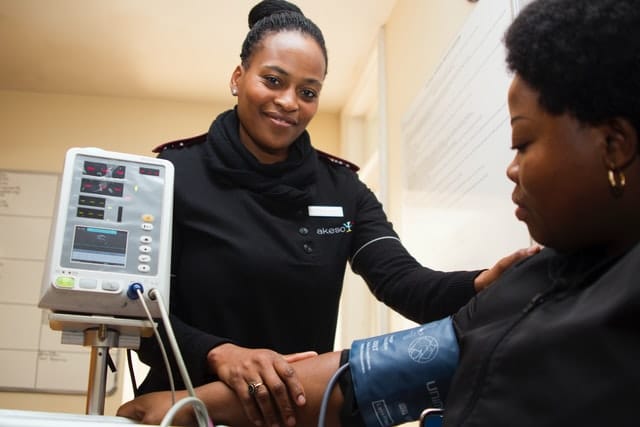Recent studies have revealed that uterine cancer is on the rise across the US, driving up cancer deaths among women. Furthermore, the research clearly shows racial disparity in the rates of increase, with Black women suffering the most.
A study run by researchers at the National Cancer Institute (NCI) analysed US cancer data for women 40 years and older. The study found that overall uterine cancer deaths have risen by 1.8% per year in the period 2010 to 2017. In fact, uterine – or endometrial – cancer rates are rising so quickly in the US that it will likely displace colorectal cancer by 2040 as third most common cancer among women, fourth-leading cause of women’s cancer deaths.
There’s been a long-standing belief in the medical community that Black women are less commonly-affected by uterine cancer. But newer research shows they’re more likely to be diagnosed, and furthermore have higher mortality rates.
For Black women, uterine cancer death rates are more than double the rate for white women. This is one of the largest racial disparities observed for any cancer.
The higher death rates across the board are likely related to an increase in an aggressive subtype of uterine cancer, known as non-endometrioid cancer. Where deaths from endometrioid cancers were stable between 2010 to 2017, non-endometrioid subtype mortalities rose by 2.7% per year. NCI’s research also showed Black women are less likely to be diagnosed earlier.

The statistics around uterine cancer, both for the general population and for Black women specifically, make it an outlier. The past two decades have seen progress made towards narrowing racial gaps in death rates of most cancers.
NCI’s study corrected for hysterectomies, which is significant considering Black women in the US have higher rates of hysterectomies. A hysterectomy is a procedure in which the uterus is removed. Lead scientist on the NCI study, Dr Megan Clarke, says “By making the correction for hysterectomy rates, we are more confident – the increase is real.”
It’s estimated that this year will see almost 66,000 new cases of uterine cancer, and 12,550 deaths. There are some warning signs for uterine cancer, such as irregular bleeding, but no recommended screening test. Endometrioid cancers can have risk factors, such as obesity, but non-endometrioid subtypes don’t have any clear risk factors.
Overall, experts agree there is insufficient dialogue and research into both the disease and its racial disparities. Dr Kemi Doll, gynecologic oncologist at University of Washington School of Medicine, says when she diagnoses women with uterine cancer, most say they’ve never heard of it.
“If someone found a lump in her breast, would she put off doing something? Everybody would tell her, ‘No, no, no, go right now,’” despite uterine cancer being four times as common as cervical, “and we have not had any national dialogue about it.”
Follow Maddie’s journalism on Twitter.
Sign Up To Our Free Newsletter